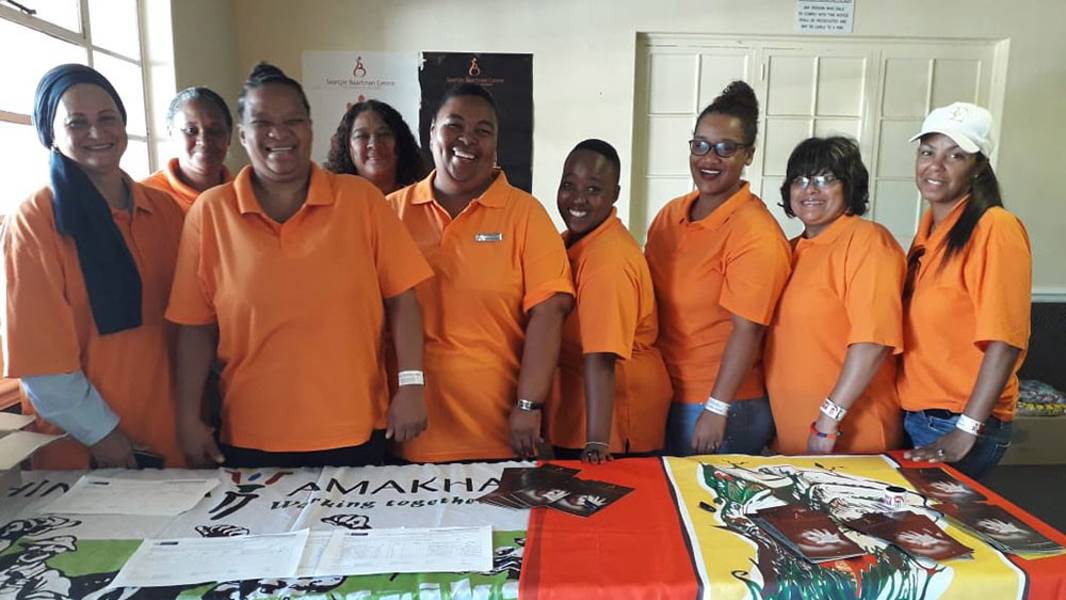
A one-stop center for survivors of gender-based violence in South Africa
Bernadine Bachar, Director of the Saartjie Baartman Centre for Women and Children (SBCWC), says that the country sees gender-based violence at five times the global rate. The COVID-19 pandemic only made the situation more acute; violence against women and girls around the world increased markedly during the health crisis, leading to what the United Nations called a “shadow pandemic.”
SBWC seeks to confront this troubling status quo by working to prevent violence before it happens and offering immediate and comprehensive response when necessary.
Founded in 1999 in the Cape Town area, SBWC was the first center in South Africa to combine a full spectrum of services needed by women and children who have faced abuse, offering them a single point of access. Those services, offered free of charge, include providing shelter, legal assistance, counseling for adults and children, employment skill building, and more.
Any day of the year, night or day, women can turn to SBWC’s 24-hour crisis response for help. Typically, a few dozen women and children are living in the center’s accommodations at a time, staying an average of four months.
A recent grant from the Stavros Niarchos Foundation (SNF) supports the indispensable role SBWC serves for survivors of gender-based violence in the region. Other SNF grants around the world, before and since the pandemic, have similarly aimed to provide local context-specific support to women who have faced gender-based violence.
In Italy, an important component of a grant to the Italian Red Cross made as part of the Foundation’s global COVID-19 relief initiative is the provision of psychological support for survivors of abuse. In India, SNF has provided support to Prajwala in running a rehabilitation home for sex trafficking survivors in Hyderabad.
In the United States, in New York City, a grant to New Destiny’s Family Support Program helped provide case management and counseling referrals for survivors of domestic violence and their children who had previously experienced homelessness. A grant to Sakhi supported the organization in providing an array of culturally and linguistically specific services, from food justice to housing assistance, to survivors of gender-based violence in New York City’s South Asian Community.
In a much more rural context in Virginia, a grant helped the Laurel Center empower survivors of domestic and sexual violence by providing emergency housing and support services.